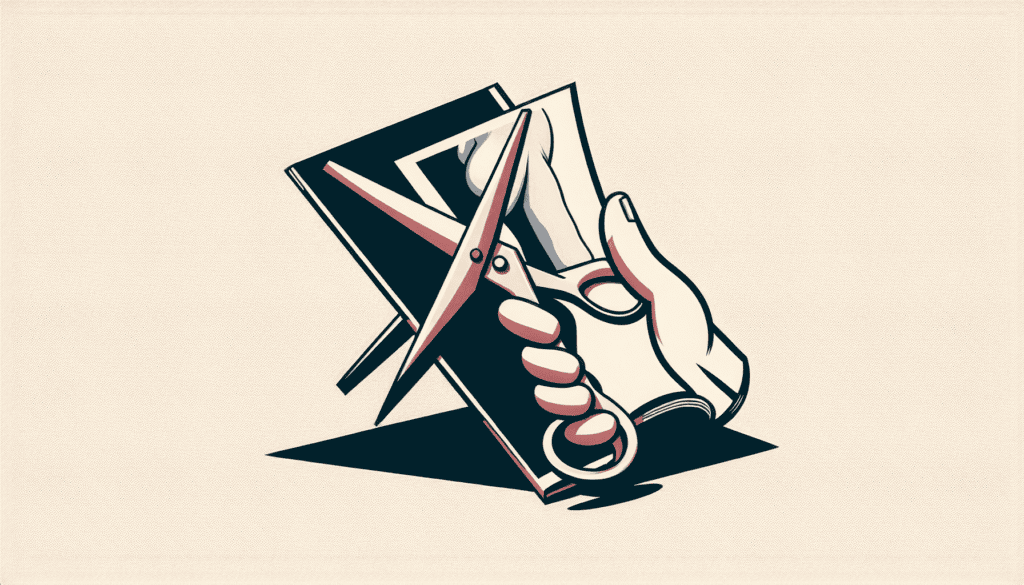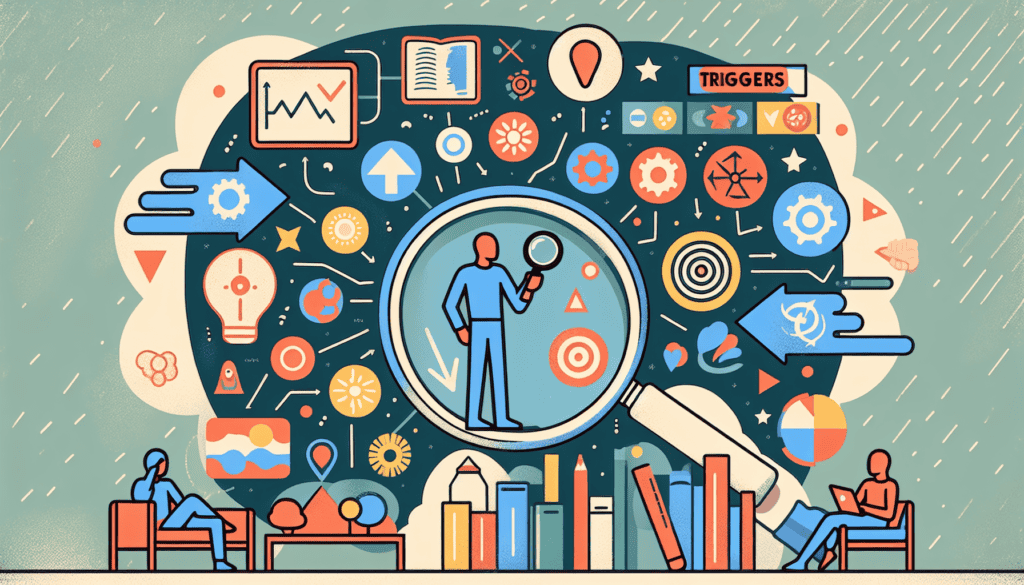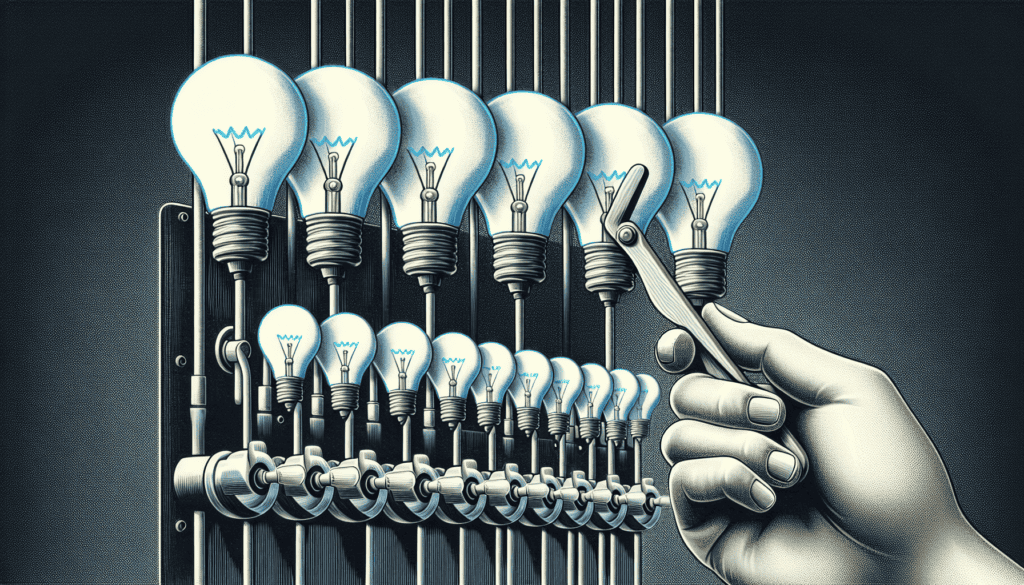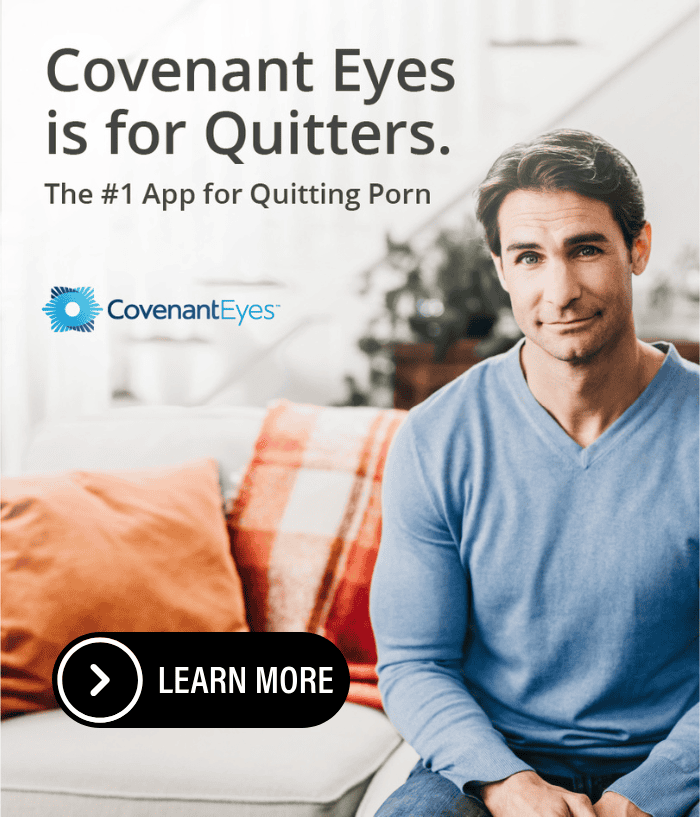Understanding Religious Trauma
Religious trauma can hit hard, especially for folks wrestling with issues like porn addiction in the midst of their faith. Getting a handle on the symptoms and the vital role of therapy in tackling these struggles can make a world of difference on the road to recovery.
Symptoms of Religious Trauma
When religious trauma’s got its hold, the signs can show up in all kinds of ways—emotional, mental, and social. Here’s what you might notice:
| Symptom Type | What’s Going On |
|---|---|
| Emotional | Anxiety, depression, guilt, shame, fear of judgment |
| Mental | Mixed-up beliefs, hard-to-make decisions, intrusive thoughts |
| Social | Pulling away from people, rocky relationships, scared of socializing |
Psychologists often see religious trauma as a reaction to rigid or controlling belief systems (MyWellbeing). For someone struggling with porn addiction, the added guilt and shame from these experiences can spiral into more distress.
Importance of Therapy for Healing
Therapy is a game changer when healing from religious trauma. It’s a safe haven to unpack what you’ve been through, shake off shame, and work through the pain. A therapist who knows the ropes of religious trauma can help you:
- Craft a self-image that’s your own, not tied to old beliefs
- Work through grudges against religious teachings and family pressures
- Find better ways to handle the guilt and shame tied to actions like porn addiction
Having a therapist who really gets the crossroads of faith and mental health can speed up the healing process. It’s crucial to have a space where you can sift through personal beliefs without the baggage of indoctrination (MyWellbeing). This can lead to more self-acceptance and a clearer path forward, free from being bogged down by past hang-ups.
For more tips on how faith can lend a hand in dealing with porn addiction, check out resources on how can faith help me overcome porn addiction? and the potential for prayer in recovery with can prayer help me quit porn addiction?.
Kicking the Guilt of Religious Teachings
Facing the issue of porn addiction through the lens of religion can bring a truckload of guilt and shame. These feelings often sprout from rigid religious teachings, adding weight to personal struggles. It’s crucial to navigate these muddy waters with a constructive and open mind.
Questioning the Overflow of Theological Teachings
Pushing back against the guilt-heavy lessons from church can really help break the chain on the road to recovery. Traditional faith systems have long been tight-lipped about all things related to sexuality, breeding a sense of shame that many find hard to shake off.
By taking a good, hard look at these beliefs, folks can start untangling their personal views from those drilled into them. This means diving into scriptures and figuring out just what the Bible actually says about stuff like lust and addiction. More nuggets of wisdom can be found in the piece on what the bible says about lust and addiction?.
Chatting with religious leaders who are open-minded or listening to fresh viewpoints from the faith community can also help. This kind of dialogue can give individuals a new way to walk their spiritual path, one that has room for kindness and understanding, not just guilt.
Exposing Hypocrisy in Beliefs
Spotting the double standards within religious teachings can bring a whole new level of freedom. Many people see a gap between what’s preached and what’s practiced by religious leaders or communities. By calling out these double standards, a clearer picture forms that having personal struggles doesn’t make someone a moral mess.
Cutting through the hypocrisy involves crafting a personal bond with your spirituality without being shackled by strict rules. This can let individuals connect with their faith more genuinely, on their own terms rather than following what the institution says is right. To see how faith can become a strength rather than a shackle, explore using faith as a source of strength for porn addiction.
As people work through these deep-rooted issues, they might come across feelings of liberty and empowerment, leading to healthier self-perceptions and improved relations with their faith. Shaking off these heavy teachings isn’t easy, but it’s important for anyone wanting to heal and grow spiritually.
Leaning on understanding communities and seeking out helpful resources can make the process smoother, and underline that it’s definitely possible to tackle porn addiction while staying true to one’s faith. For insights into spiritual practices that can lend a hand in recovery, journey over to spiritual practices that aid recovery.
Spirituality in Mental Health
Impact of Spirituality on Mental Health
Spirituality often throws a life raft to those weathering the storms of mental health issues, like porn addiction. It’s been noted that folks who engage in spiritual or religious practices frequently see upticks in their mental, physical, and social health (PubMed Central).
Many grappling with severe mental health woes discover that holding onto their faith gives them a leg up in handling the guilt and shame tangled up in their challenges.
However, it’s a double-edged sword. While spirituality can cradle someone in tough times, it can also add to the burden. Some might find religious guilt and shame wrapping around their psychiatric symptoms, adding fuel to the fire. This mixed bag reveals the importance of marrying spiritual beliefs with sound mental health practices.
| Aspect | Positive Impact | Negative Impact |
|---|---|---|
| Support System | Offers a community and belonging | Risk of being judged by others in religious circles |
| Coping Mechanism | Sparks hope and builds resilience | May instigate guilt and shame |
| Emotional Well-being | Encourages tranquility | Can deepen feelings of isolation |
Facilitators and Hindrances of Spiritual Well-being
The journey through spiritual well-being while managing mental health isn’t paved evenly. On the bright side, loving faith communities can serve as a balm, fostering healing and empathy. But on the flip side, negative encounters such as guilt or abuse linked to religious groups can leave deep scars, making individuals feel out of place.
Here’s what sways spiritual well-being:
- Supportive Relationships: Touching base with kind-hearted, understanding people can boost spiritual strides.
- Negative Religious Encounters: Hurtful or traumatizing experiences with religious figures or groups can stall spiritual progress.
- Cultural and Social Isolation: Social stigma often trips up those with mental health diagnoses, making it harder to voice their spiritual wants and needs (PubMed Central).
Tackling these bumps is key for folks trying to reconcile their faith with mental health trials. Diving into how faith aids in overcoming porn addiction is intriguing for many, as understanding the cross-section of spirituality and mental health is where healing seeds are planted.
Coping with Trauma Triggers
Dealing with trauma can feel like a roller coaster with unexpected turns, especially for Christians fighting guilt and shame tied to porn addiction. Figuring out those pesky triggers, and getting some strategies down to handle them, is a vital part of building a stronger faith while healing.
Recognizing Triggers and Coping Strategies
Figuring out what’s setting you off is key. Triggers sneak in as outside influences like places or conversations, or pop up internally with memories or feelings. Recognize them, and you’re on your way to better coping tricks.
Here’s a toolkit for tackling triggers:
- Getting Professional Advice: Hook up with a therapist who knows a thing or two about trauma—they’re your guide here.
- Staying Grounded: Keep yourself in the here and now with breathing exercises or by naming stuff you see around you. It’s simple but surprisingly effective.
- Planning for Storms: Make a game plan for when triggers come knocking. Whether it’s calling a friend or retreating to a safe space, have a strategy ready.
- Taking Care of You: Spend time on self-care because it pays off big time in building your strength.
- Lean on Friends: Find a circle of supportive folks who can lift you up when you’re feeling low.
- Gently Facing Fears: Face your triggers bit by bit. With time, what scares you now might seem less daunting.
The road to smooth sailing is different for everyone. Standing strong on the quest to feel better and having resources at hand is crucial. Curious about more tips? Check out how can faith help me overcome porn addiction?.
Impact on Relationships and Social Interactions
Trauma doesn’t just stay shut within; it spills over affecting those around us. It’s usual to pull back from crowds, mistrust, or fumble in meaningful chats (Jessica Hottle). Feeling stuck on an island is real, so building good connections is really crucial.
Here’s how to mend the cracks:
- Talk It Out: Sharing feelings openly with loved ones can glue back the trust and closeness that might be missing.
- Draw Your Line: It’s okay to walk away when situations get too heated. Knowing when to back off helps.
- Find Your People: Plug into groups where struggles are shared and healing happens collectively among friends.
Getting past trauma isn’t a one-size-fits-all deal; it’s intricate and deeply personal, often wrapped with the thread of one’s faith. Christians might find solace in prayer, seeking emotional calm, and building support communities. Hold on to faith and explore more answers at can prayer help me quit porn addiction?.
Dealing with Shame and Guilt
Understanding Shame vs. Guilt
Shame and guilt hit hard, especially for folks wrestling with issues like faith and porn addiction. Knowing what’s what between those two can really clear the path to healing and growing.
| Emotion | What It Does | What Follows |
|---|---|---|
| Shame | Drags down the whole self, painting you worthless and exposed. | Can lead to getting defensive, drifting apart from others, and making reckless choices. (NCBI) |
| Guilt | Targets a specific act, making you feel sorry over what you did. | Pushes you to fix things up with apologies and taking steps to make it right. (NCBI) |
Seen as a better pick than shame, guilt gets you motivated to clean up your act. Shame just makes you feel stuck and even end up doing more harm. For those struggling with porn addiction, seeing this difference is key to tackling their feelings and kickstarting recovery. You can dive deeper into this topic in our piece on is porn addiction a sin?.
The Role of Self-Compassion in Healing
Showing yourself some self-compassion can make a big difference in shaking off that guilt and shame tied to porn addiction. It’s all about these three things: being kind to yourself, seeing the humanity in your struggles, and keeping mindful.
- Self-Kindness: Be gentle with yourself, especially when you mess up. People dealing with guilt need to remind themselves that failing at something doesn’t take away their value (Positive Psychology).
- Common Humanity: Understand that nobody’s perfect and struggles are something we all share. Knowing others go through similar stuff helps feel less alone (Positive Psychology).
- Mindfulness: Spotting and naming your thoughts without getting caught up in them gives you a good grip on your perspective, keeping you from getting buried under pain and regret (Positive Psychology).
Studies show that folks who cut themselves some slack tend to aim for self-betterment, lend more help, and put off tasks less. In short, leaning into self-compassion can be a game changer for anyone tangled in guilt and shame from a faith angle. Want to learn more about bouncing back? Our piece on what are some spiritual practices that can help with recovery? is a good resource.
Navigating Guilt and Shame from a Faith Perspective
Feeling burdened by guilt and shame? You’re not alone, especially when it comes to tackling something like porn addiction. Many believers turn to their faith for guidance.
Practicing Forgiveness in Faith
Forgiveness isn’t just a word; it’s a lifeline in many faiths, especially when guilt and shame are hanging like a cloud. Forgiving yourself is really important—dipping into scripture helps a ton. Verses like 1 John 1:9 talk about owning up to your mistakes because God’s ready to forgive. It’s like getting a much-needed hug when you’re feeling your worst.
Think about Philippians 3:13-14. It’s all about ditching those bad vibes from past screw-ups and focusing on the brighter days ahead.
Recognizing that everyone trips up can help lift the heavy shadows of shame and guilt. People like Jessica Hottle remind us that beating ourselves up over past missteps should lead to sincere change. That’s when you really start to feel the flow of forgiveness.
| Key Scriptures | Meaning |
|---|---|
| 1 John 1:9 | Highlights God’s readiness to forgive. |
| Philippians 3:13-14 | Focuses on letting go and looking forward. |
Part of forgiving ourselves is being kind to ourselves. Catching those moments of sorrow or guilt as they pop up is the first step—admitting it, then letting repentance do its thing. Paul’s story shows how embracing God’s forgiveness can move you from regret to purpose, as Jessica Hottle points out.
Seeking Guidance and Support for Self-Forgiveness
Figuring out how to forgive yourself isn’t always easy. It’s important to tell apart the kind of sorrow that pushes you to change from the kind that drags you down. Ecclesiastes 7:3 hints at how some sadness is cool because it can lead to a better heart.
Before you can truly forgive yourself, you need to accept God’s forgiveness. Lots of people get stuck trying to do it all themselves but realizing that accepting a divine pardon first can lift a massive weight. Gotta watch out for pride, though—it’s a sneaky barrier to self-forgiveness. Once you set that aside, you’re on your way to self-love, inspired by teachings from folks like Jessica Hottle.
Don’t underestimate the power of community. Finding others who get what you’re going through can boost you up. Think counseling, prayer groups, or leaning on a spiritual mentor. Grabbing onto faith-based resources and scriptures gives you a fighting chance against porn addiction.
If you’re curious, check out more on how can faith help me overcome porn addiction? and the role of prayer in beating it through can prayer help me quit porn addiction?











